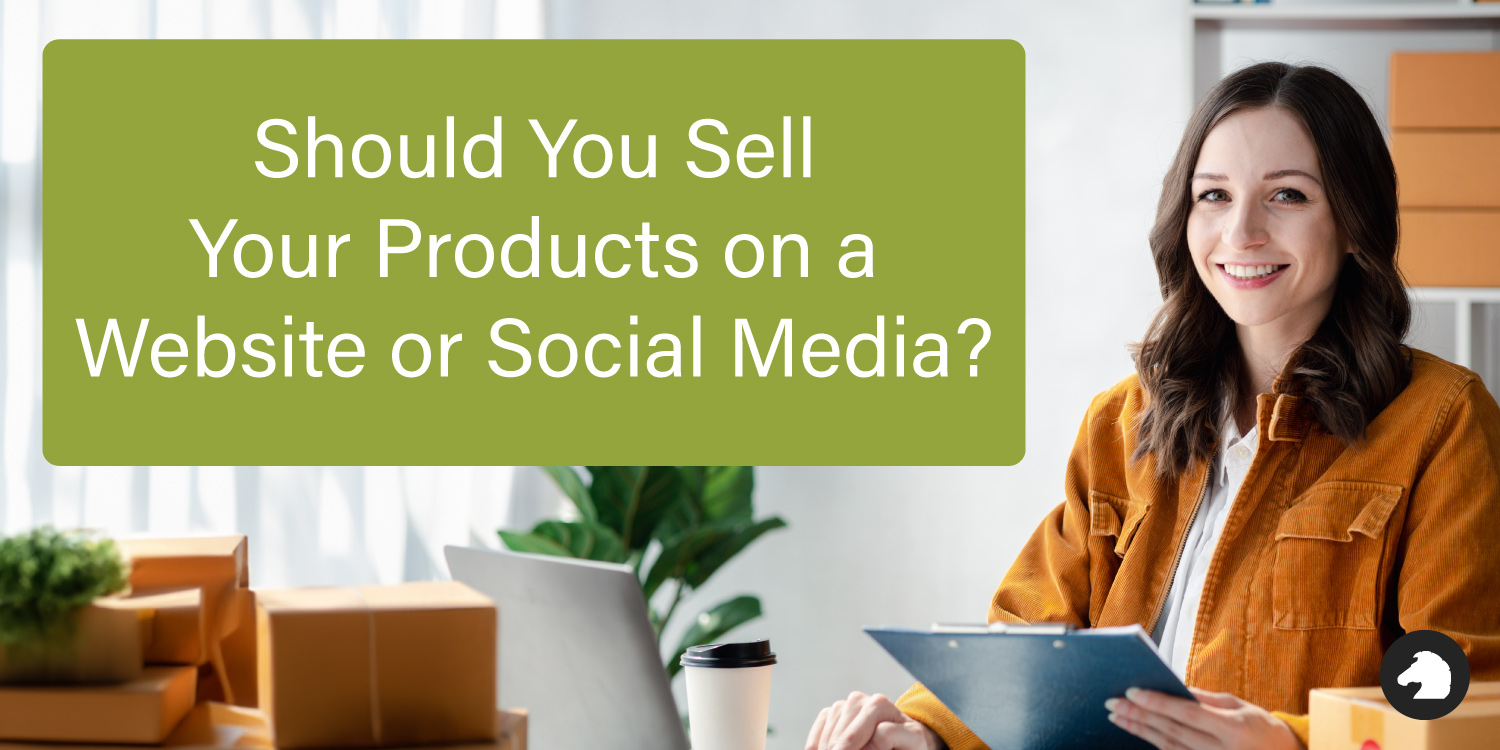Deciding what channel to sell your products on can be a difficult decision. Let’s face it, there are so many options available out there, but only so much time and budget can be dedicated to selling the product. Whether you’re selling something physical like clothes, or intangible like digital e-books, choosing the right channel for your business can make a huge impact to your sales and reputation.
Website Selling
Having your own website dedicated to selling your products gives your business its own space online. By using a search engine, your customers can search for your business and shop to their heart’s content through the space you’ve built. It’s also known as ecommerce (electronic commerce), where people can buy products and services online. Effective marketing is a lot easier to achieve with a website and it gives your products an official place to live.
Enhance Your Branding
Creating your own website means you can make the platform exactly as you need it. You can add your brand colours, patterns, logo, an add-to-cart button etc. If you’re in a market that is dominated by many competitors, making your business stand out is key. Create your online business with our easy-to-use SiteBuilder or use our more advanced WordPress hosting.
It’s Your Space
You control your website and aren’t monitored by anyone that could remove your products or charge per product at any time. There are no other competitors on your website so fighting for your products to be seen on the same platform won’t be an issue (but it is on Etsy).
Reach
Once your customers have an internet connection, they can access your website. They can use their phone or a computer and simply search for the website on search engines. Not everyone is on social media or on the specific platforms you like, but a website can be seen by anyone.
Social Selling
Selling on social media, or ‘social selling’ has become more popular over the last decade. It can help you build a relationship with your customers, but what’s important to remember is that selling on social media is convenient but risky. When a social media platform stops working, so does your shop. Meta and other platform owners also tend to lack support for businesses that sell on their platforms.
Connect to Your Community
Being on social media means you can connect to your customers and build a relationship. They can reply to your posts, message the business directly and interact with your story through polls etc. This makes your business more ‘friendly’ and adds a sense of personification. Although, that doesn’t mean that your followers will shop from your business. Engagement is great, but it’s not enough to sell.
Sharing is Caring
The ‘share’ button can be found on most social media platforms, so people can share your posts to their followers and grow your market further.
Collaboration
Post and tag other brands or influencers on your account as a collaboration to expose your brand to more people. Creating a partnership with influencers can help to improve your reputation – as long as it’s done right.
Conclusion – What Do We Recommend?
Ultimately, what way you choose to sell depends on your budget, time and resources. However, if you want to maximise your business’s potential, we recommend taking the time to create your own dedicated ecommerce website for selling your products. It’s super easy to do and can help your business to grow. Remember, setting up a social media account can help your marketing, so you can put links to your website throughout your posts. Deciding which social media platform is up to you and depends on where your market is, but it can be a useful tool to enhance your website’s visibility.
| Benefits | Website Selling | Social Selling |
|---|---|---|
| Customisation | ✅ | |
| Competition | ✅ | |
| SEO | ✅ | |
| Trust and Credibility | ✅ | |
| Low Barrier to Entry | ✅ | |
| Free | ✅ | |
| Analytics | ✅ | ✅ |





